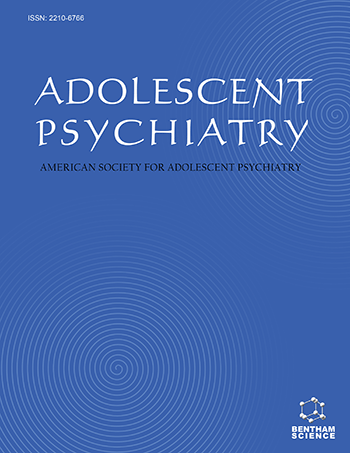Abstract
The various man-made disasters of the twentieth Century, most notably the Holocaust, continue to challenge our attempts to understand how such enormities can occur, and to confront the horror and suffering of victims and witnesses. Social discourse has been concerned with historical truth for both the individual concerned and society in connection with these disasters. At the same time reluctance to know often sets in here that stems from the desire to avoid confronting the crimes, the horror and the victims' suffering. The author argues that a psychoanalytic understanding can help not only in the understanding of the effects of traumatic stress on individuals, but in grasping the interactive, reciprocal effects of man-made disasters on individuals and society as a whole. After a review of the effects of traumatic stress on the developing child, he discusses the role of memory and remembrance in coming to terms with the past. It is beyond the individual’s capacities to integrate such traumatic experiences in a purely personal narrative context. The historical truth of the traumatic events, as well as their denial and defensive repudiation, must be acknowledged and included in social discourse. The prevalence of denial or silence has meant that traumatized survivors are left alone with their experiences. The author describes both the dynamics of these difficulties and their transgenerational effects on post-war German society, ending with the observation that the second generation has finally begun to talk about their expereinces and engage in public discourse, which offers a hopeful path for future generations.
Keywords: Traumatic stress, Germany, World War II, Holocaust, children



























